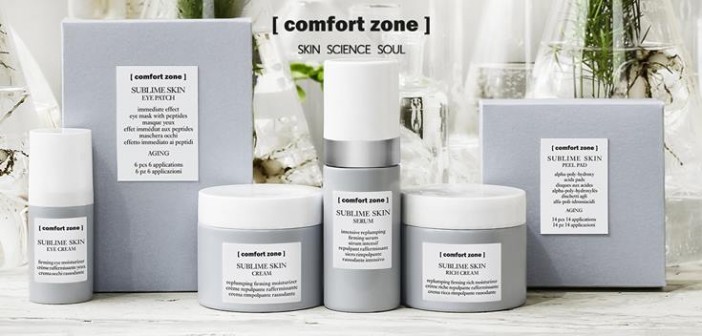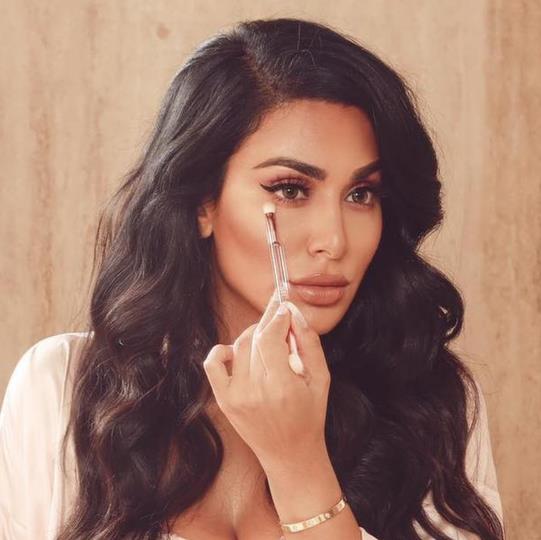How to capture the conscious consumer
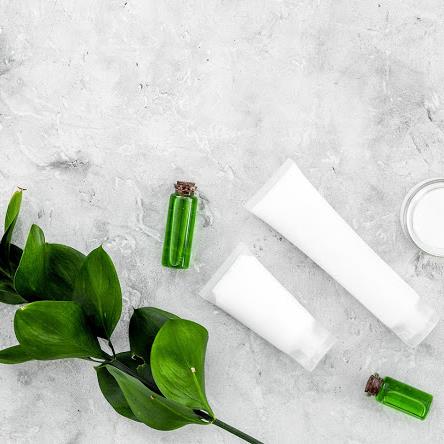
Sustainability is still a major buzz word in the beauty industry today and continues to be a global focus on brands and how they fit into the lifestyle of consumption- and waste-conscious consumers. As the cross-industry topic of sustainability is brought to the forefront of consumers’ minds, they look inward to their own daily habits of consumption; one routine under fire is their own beauty regime. In an industry that promotes over-consumption of short-life products, consumers are turning to the sustainability-focussed leaders of the industry.
Haysam Eid founder of EIDEAL who distributes hair brand Davines who's ethos surrounds sustainability comments: "The planets' future is in our hands, we all have a direct impact to try and change this. Our actions that we take today, reflect our future - so it is no surprise that consumers are turning to more eco-friendly products to use. Davines and EIDEAL are proud to be commited to protectiong our planet and enjoy its sustainable beauty."
The number of conscious consumers is rising as the conversation gets louder. Claire Gittus this year launched clean beauty website Aspire Beauty Co to cater for this demand. Gittus comments: "The beauty industry is changing and one of the biggest challenges we see is sustainability. Sustainability is a trend that is here to stay and this coincides with brands and companies having huge pressures to join the movement. This is what led me to launch Aspire Beauty Co - the first all clean beauty website in the Middle East. Having been in the industry for many years I knew it was a change we needed to embrace. So we created a solution that was going to make this change even easier for consumers to live a more concious tomorrow."
Therefore, beauty brands must re-invent their business practices and portfolios to fit in with the growing demand from consumers who want to buy sustainable products. Beauty brands must stay innovative to compete in this field – they cannot simply promise sustainability in place of quality and luxury if they want to win the race to be a beauty leader of this movement.
Helena Holden, Training Manager, from the sustainable skincare brand Comfort Zone comments: "Anyone who purchases Comfort Zone can be assured they feel safe in the knowledge that they are contributing to not only their own well being but the sustainability of the planet as well. Comfort Zone is a BCorp certified business - from ingredient selection to formulation to packaging and end product, Comfort Zone assures full environmental friendly processes. For every consumer who purchases a product from Comfort Zone they are contributing to a ETHIO tree project involved with reforesting Ethiopia.
Judged on packaging, product range, ingredients and written communication to name but a few, consumers look at multiple factors to determine whether a brand is sustainable.
The beauty industry is renowned for its wide range of products, with big players churning out countless SKUs in the same categories. Consumers now look for brands who limit their offerings, making routines simple and straight forward. The conscious consumer wants to reduce their purchases to only buy products that make a difference in their beauty routine and those reached for frequently.
Armed with the knowledge that some ingredients are not only better for the environment, but their own health, consumers want transparency on what goes into their beauty products. Product ingredients (and sometimes lack of) are more frequently proudly displayed on the front - a sign that brands are no longer scared to hide behind bright lights and fancy commercials, but are proud of what actually goes into their products. As a result, they’re proud of their contribution to sustainability.
Professional Clean Beauty Brands in the GCC
Haircare
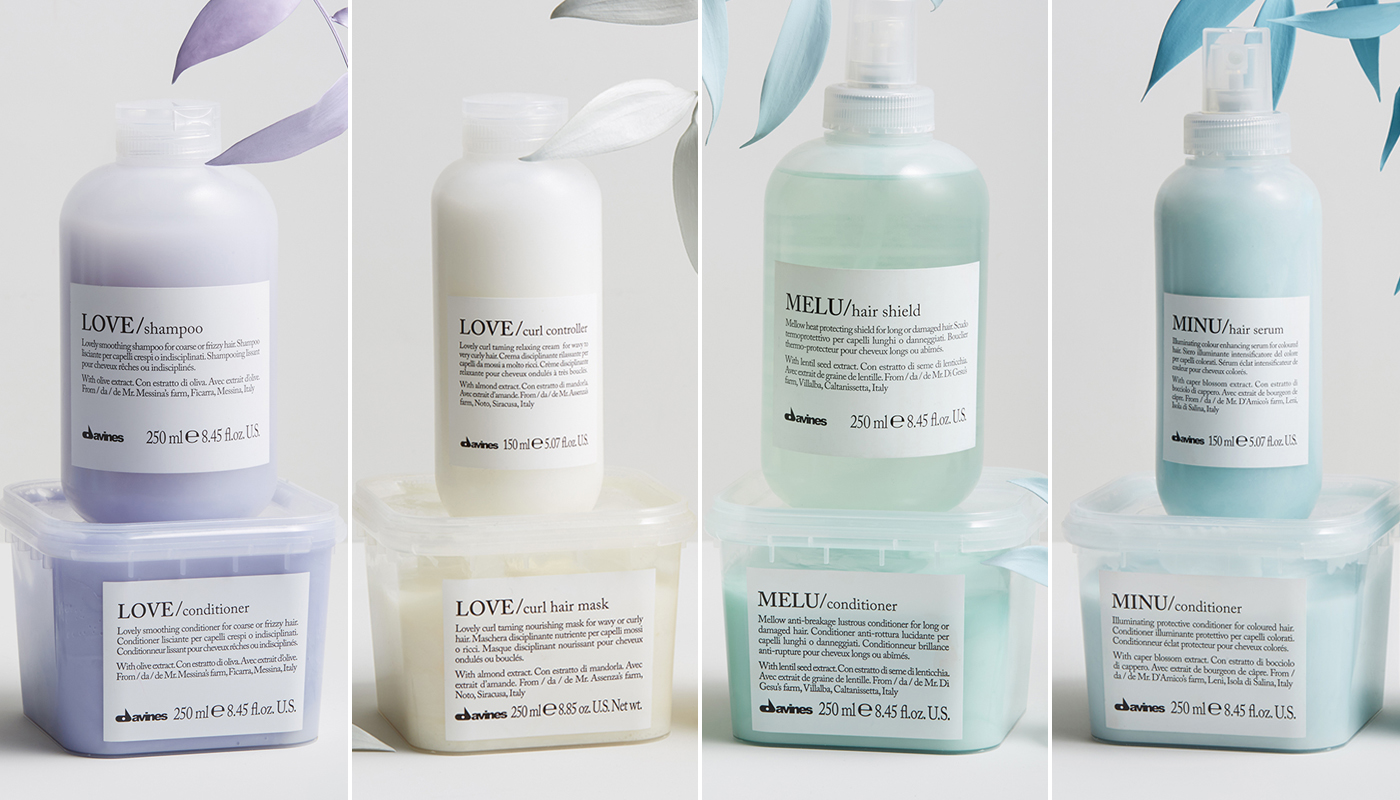
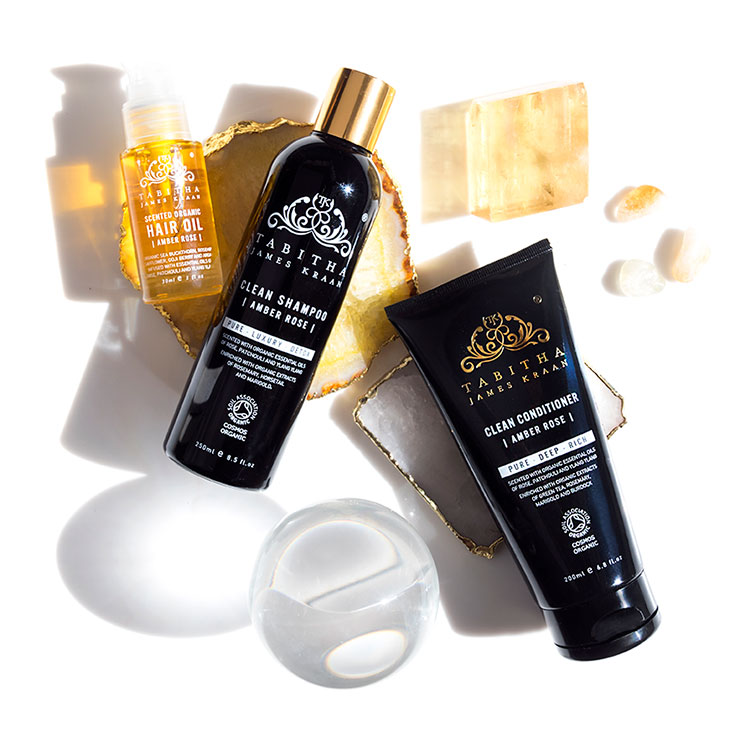
Nails
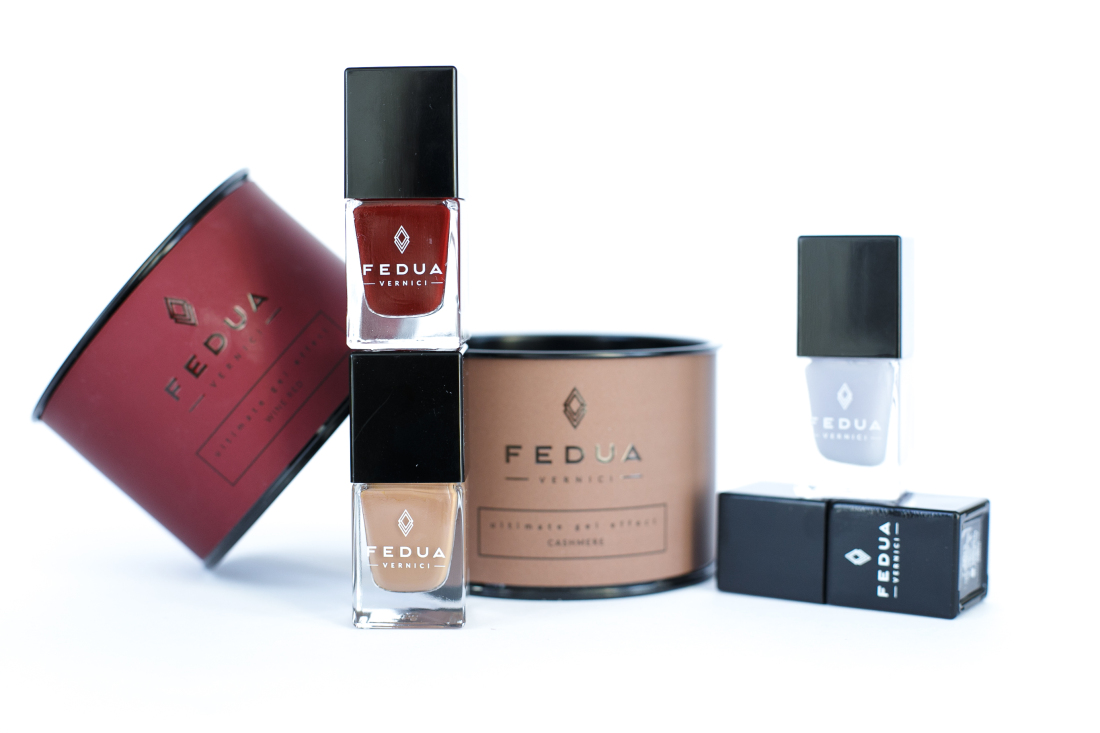
Make-up
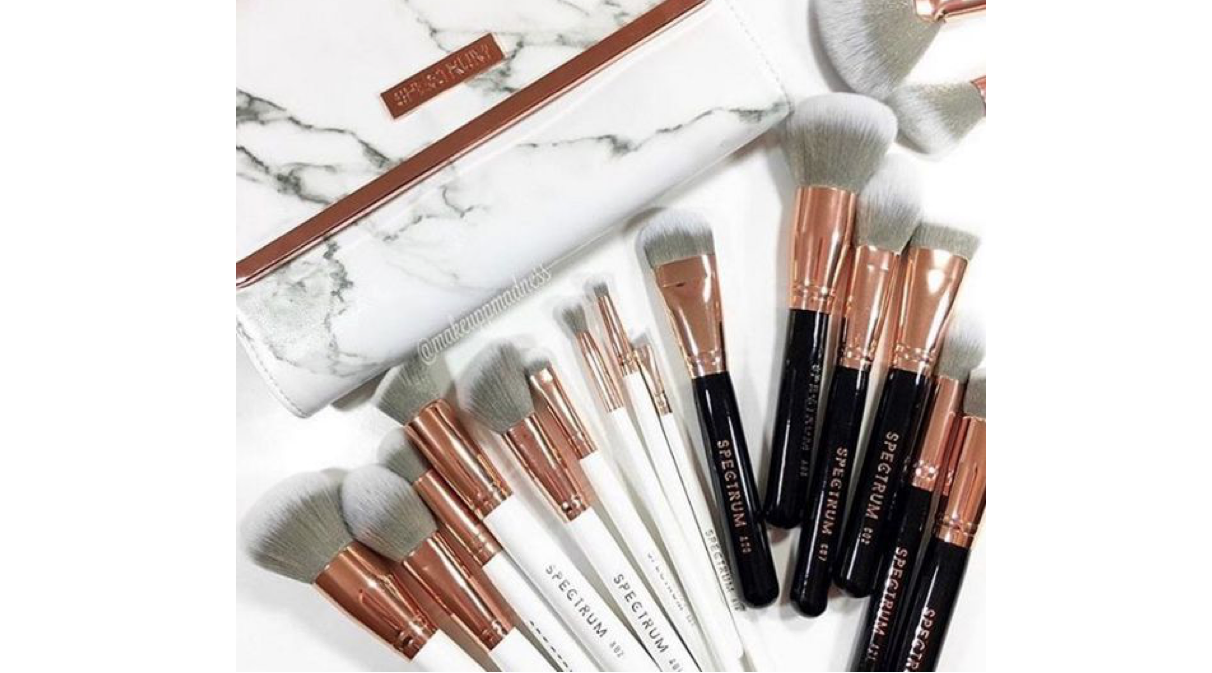
Skincare
